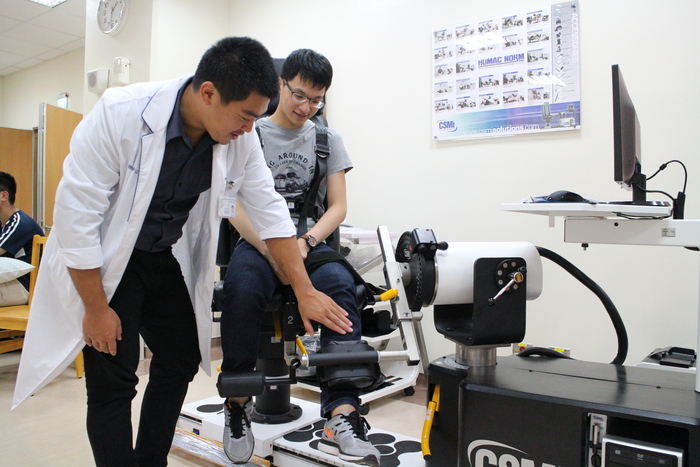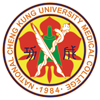Department of Physical Therapy



Department of Physical Therapy, formerly the Division of Physical Therapy of the Department of Rehabilitation Medicine in August 1990, was established in August 1994. The teachers' specialty areas include: orthopaedic, neurological, pediatric, and cardiopulmonary physical therapy clinical applications, as well as physical therapy for the elderly, dynamic balance and movement control, posture and walking control, and applied electrophysiology, biomechanics, sports injury treatment and prevention, cancer-related physical therapy, women's health physiotherapy, child development, and other research directions. The department is committed to cultivating excellent physical therapists, leveraging the comprehensive strengths of the students in research, education, and clinical service across the fields of neurology, pediatrics, orthopedics, sports injuries, geriatric medicine, and cardiopulmonary. The department introduces small-class teaching, with a high teacher-pupil ratio and close rapport between students and faculty.
The department invites international students to participate, increasing exchanges between students and international students to enhance global perspectives, and expanding the professional value of physical therapy together. In the full tradition of humanistic spirit valued by the College of Medicine, the department is preparing the students with solid theoretical basis and responsible attitude toward work. In addition to the general physiotherapy major, the physical therapy center (PTC) affiliated with the department offers high-quality undergraduate internships and clinical practice for senior students. Not only will students take training courses at the National Cheng Kung University Hospital, but they will also have opportunities to receive training in other medical centers or outstanding metropolitan hospitals, as well as opportunities for internships abroad. Well-rounded training courses prepare students for their successful careers. The department also purchases large-scale research equipment, including multichannel electromyography (EMG), electroencephalography (EEG), transcranial current stimulation, motion capture system, and cardiopulmonary function test and analysis system, to begin a research career in an intellectually rich environment.

 YouTube Channel
YouTube Channel